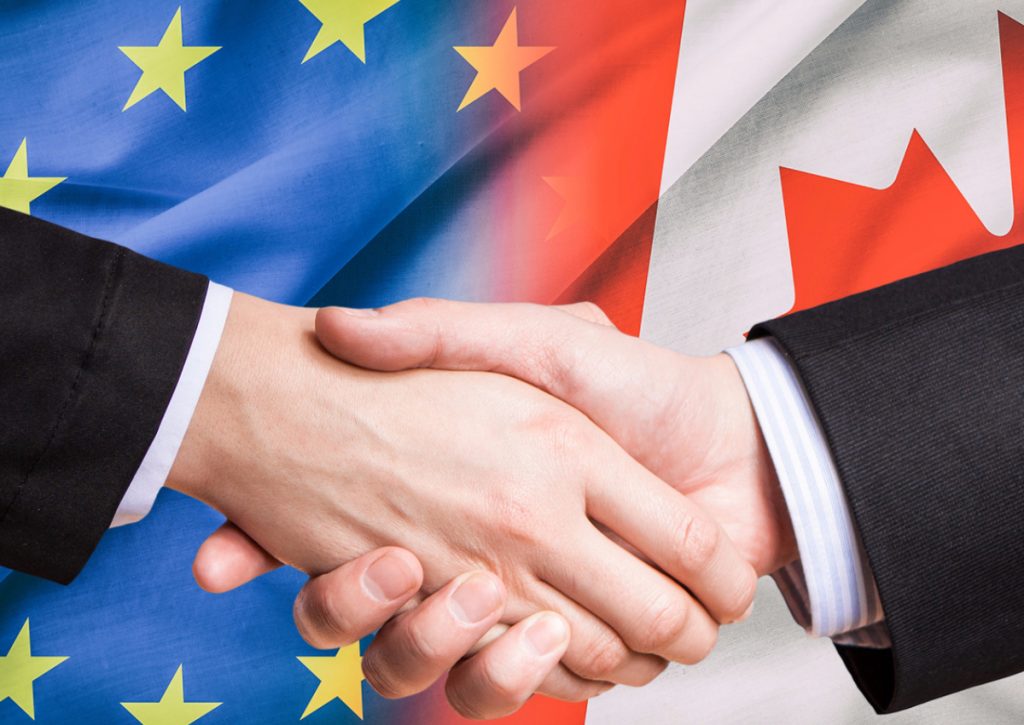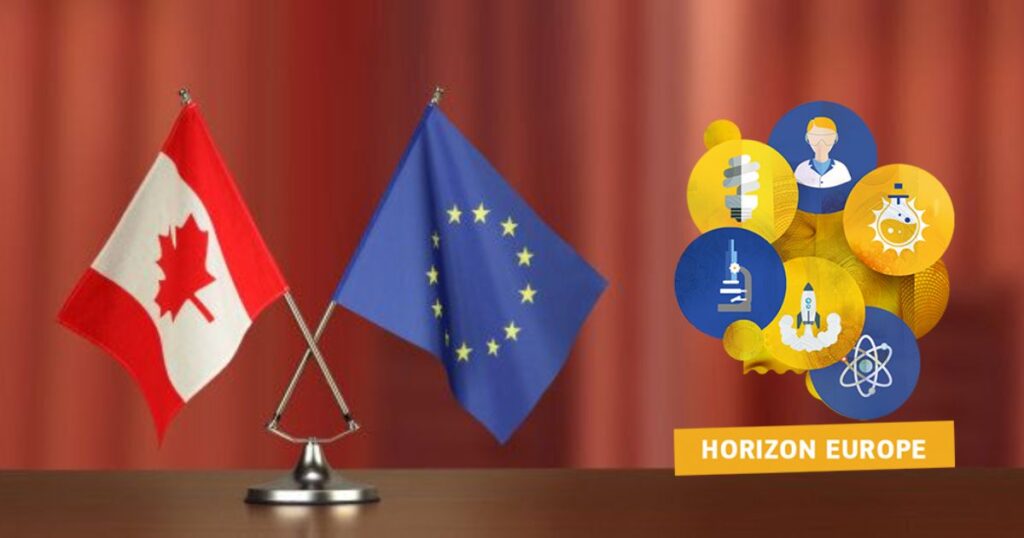The European Commission would continue to work with Canada for development, social welfare and to overcome the global pandemic situation. “We want to make sure that Canada knows that they can count on solidarity from the whole of Europe. Europe will provide Canada with European vaccines without interruption and without bureaucratic inefficiency,” Commission press sources released. The Rome Declaration, adopted by the G-20 at the World Health Summit, provides a roadmap of shared values for economic recovery, common support and sustainable development, setting out shared rules to improve future global issues and the emergence of new health crises.
During the summit, ongoing dialogue operations were agreed to preserve the cohesive relationship between Europe and Canada, ensure that technological innovations and scientific research can reach Africa, Latin America and other continents most in need. An important step is to support the TRIPs Agreement, the international treaty promoted by the World Trade Organisation, better known as the WTO, to set the standard for intellectual property protection. The EU and Canada will work synergistically on climate change issues, tackling with determination the proposal to reduce carbon emissions. Common ideas to combat biodiversity loss and ban the use of single-use plastics.
A few years after the signing of the Comprehensive Economic and Trade Agreement (CETA) and the Strategic Partnership Agreement (SPA), the EU and Canada want to give a new impetus to cooperation, in particular in four thematic areas: the fight against pandemic and economic recovery, trade, innovation, climate change and foreign and security policy. In addition, the leaders reaffirmed the strong trade ties between Canada and the EU under the Canada-European Union Comprehensive Economic and Trade Agreement (CETA), which is creating opportunities for business and sustainable jobs on both sides of the Atlantic. Several initiatives were also agreed to coordinate action against climate change and biodiversity loss. These include a joint ocean forum and a clear programme of action to help promote sustainable economic development, environmental management and climate action in agriculture. For the two giants, sustainable agriculture plays an essential role in the fight against climate change.
In recent weeks, the European Union and Canada have reached an agreement on the development of a “strategic partnership on raw materials” and on the energy and digital transition, indispensable parameters for the construction of current economic processes. For the leaders, a common priority is to “secure the value chains of critical minerals and metals, which are essential for the transition to a climate-neutral and digital economy, as well as creating and sustaining good jobs of the future and social welfare“. Canadian Prime Minister Justin Trudeau told the media that discussions are underway with EU partners to develop, introduce and implement a greener, low-carbon economic vision. “To begin with, in order to continue to create green jobs for the middle class, we must secure supply chains for critical minerals and metals that are essential to our production such as batteries for electric cars,” Prime Minister Trudeau reiterated.
By linking up with the European ‘Horizon’ programme and demonstrating the effectiveness of a broad financial framework dedicated to research and innovation, Canada has ensured that Europe can cooperate on exchanges and innovative projects aimed at social welfare, for example in the areas of the bio-economy, advanced technology production, clean energy and the digitisation of economic and business processes.






